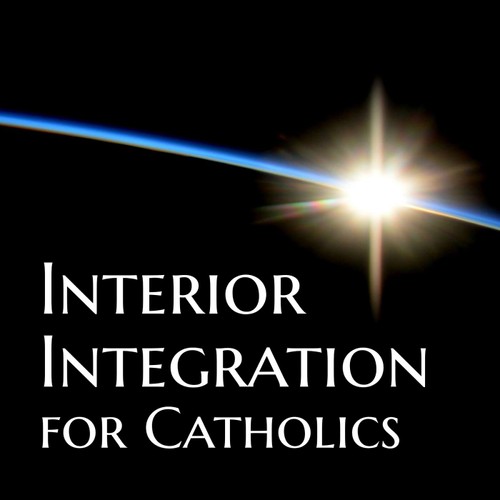
 Interior Integration for Catholics
Interior Integration for Catholics 137 Live Q&A with Fr. Boniface Hicks on Spiritual Direction and Personal Formation
May 6, 2024
Fr. Boniface Hicks answers live Q&A on spiritual and pastoral formation, addressing struggles with formators, integrating parts in spiritual direction, and navigating suffering and spiritual growth. Insights on the prophetic timing of human formation and the risks of spiritual bypassing. Emphasizes holistic personal formation, inner integration through prayer, and authentic self-expression.
Chapters
Transcript
Episode notes
1 2 3 4 5 6 7 8
Introduction
00:00 • 3min
The Integral Role of Formators in Personal Formation
02:31 • 13min
Exploring the Relationship Between Angels, Demons, and Internal Disconnection
15:45 • 3min
The Interconnectedness of Human and Spiritual Development
18:51 • 17min
Embracing Inner Integration Through Prayer
35:58 • 18min
Navigating Personal Growth and Authentic Expression
53:58 • 4min
Navigating Suffering and Spiritual Growth
57:59 • 10min
Exploring Spiritual Concepts and Human Formation
01:08:14 • 9min
